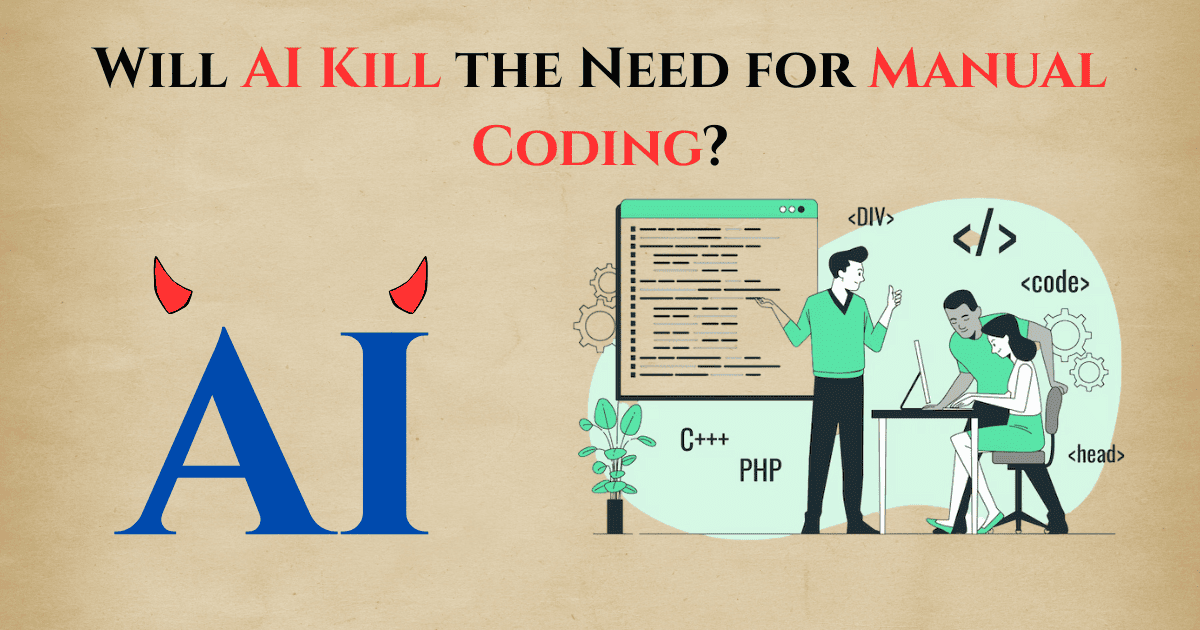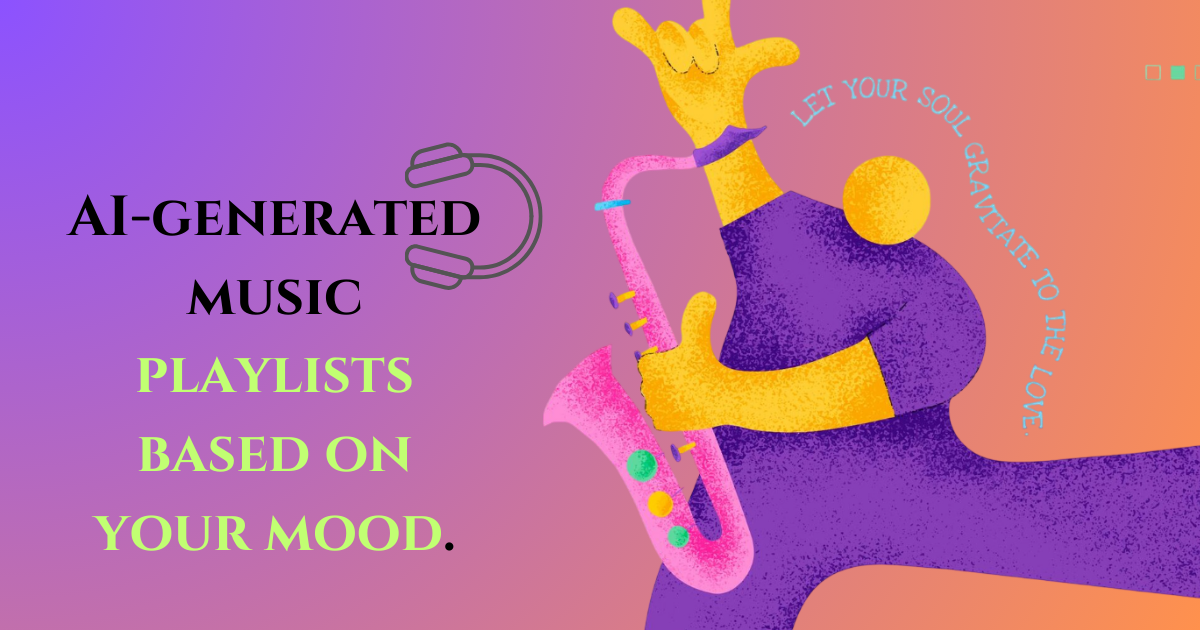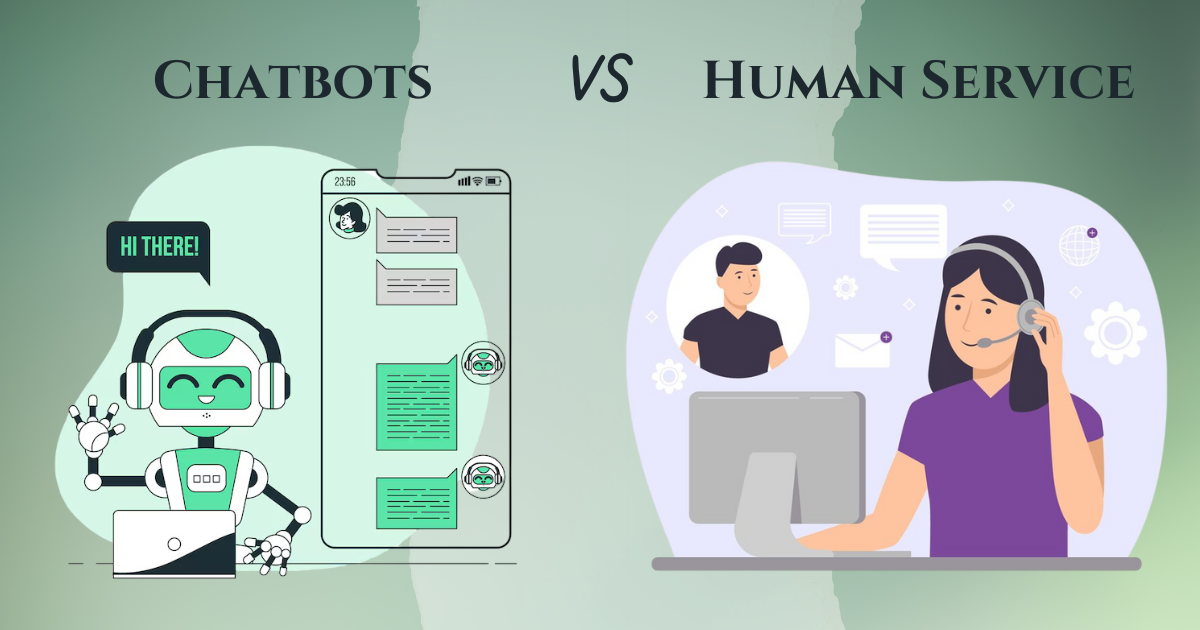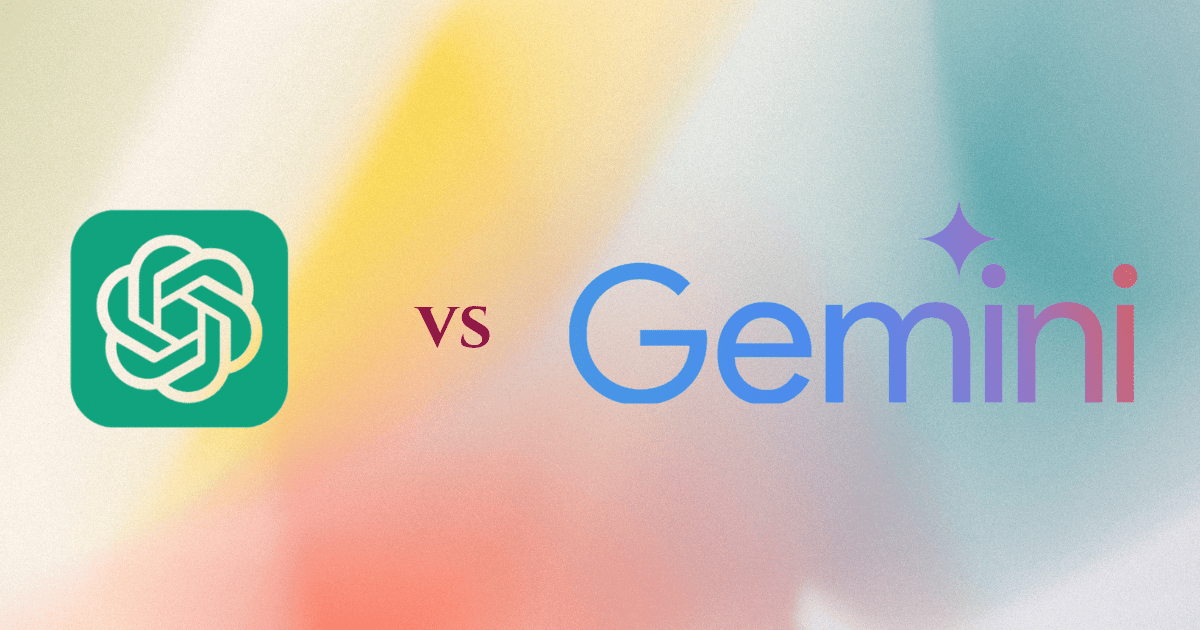Explore if AI tools will replace manual coding, the future of software development, and why human coders might still remain crucial.
Introduction
Artificial Intelligence is advancing at an incredible speed, reshaping industries across the world. One major question that has sparked debates among developers, tech leaders, and students alike is whether AI will eliminate the need for manual coding. With AI systems like GitHub Copilot, ChatGPT, and others writing code autonomously, the future of manual programming looks uncertain. In this blog, we break down the reality behind this big shift.
AI in Coding Today
Today, AI tools can write simple programs, suggest code snippets, fix bugs, and even generate full applications. Platforms like OpenAI Codex and other code generators are helping developers become faster and more efficient. They can autocomplete functions, identify errors, and optimize code much faster than a human would. But does this mean coders are becoming obsolete?
Why AI Cannot Fully Replace Human Coders Yet
Despite its abilities, AI still lacks true understanding. It generates code based on patterns it has learned, not on creative problem-solving or deep project comprehension. Many complex software problems require innovation, critical thinking, and domain expertise, which AI cannot replicate. Real-world software development also includes brainstorming solutions, understanding business requirements, designing scalable systems, and ensuring ethical standards, none of which AI can manage alone.
AI as a Partner, Not a Replacement
Instead of replacing human coders, AI is more likely to become a powerful assistant. It can automate repetitive tasks, help find bugs, and speed up coding processes, allowing developers to focus on more strategic and creative aspects of projects. Just like calculators did not eliminate the need for mathematicians, AI coding assistants are designed to boost productivity, not replace the human touch.
The Rise of Low-Code and No-Code Platforms
Low-code and no-code platforms are making software creation accessible to non-programmers. Businesses can build simple apps with drag-and-drop tools without deep programming knowledge. However, for building complex, customized, and scalable solutions, manual coding skills remain essential. Enterprises still need expert developers to build core systems, integrate services, ensure security, and manage large-scale software.
New Roles for Future Developers
As AI takes over basic coding, the role of developers will evolve. Skills like system design, AI training, ethical programming, cybersecurity, and advanced architecture will become more important. Developers will spend less time writing repetitive code and more time solving bigger and more meaningful problems.
Conclusion
AI is transforming coding, but it is unlikely to kill manual coding altogether. Instead, it is redefining the role of a programmer. The future developer will be someone who collaborates with AI tools, builds smarter systems, and focuses on creativity, strategy, and innovation. Learning how to code will still be a valuable skill, not just for writing programs, but for understanding and managing the smart systems that will increasingly run our world.










